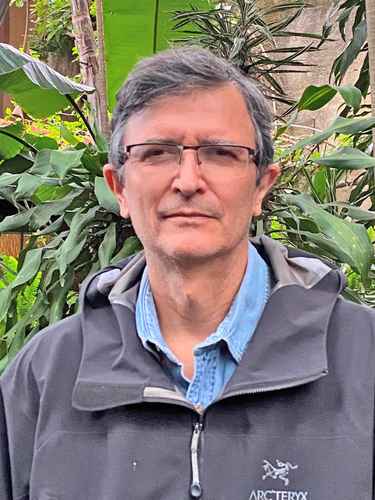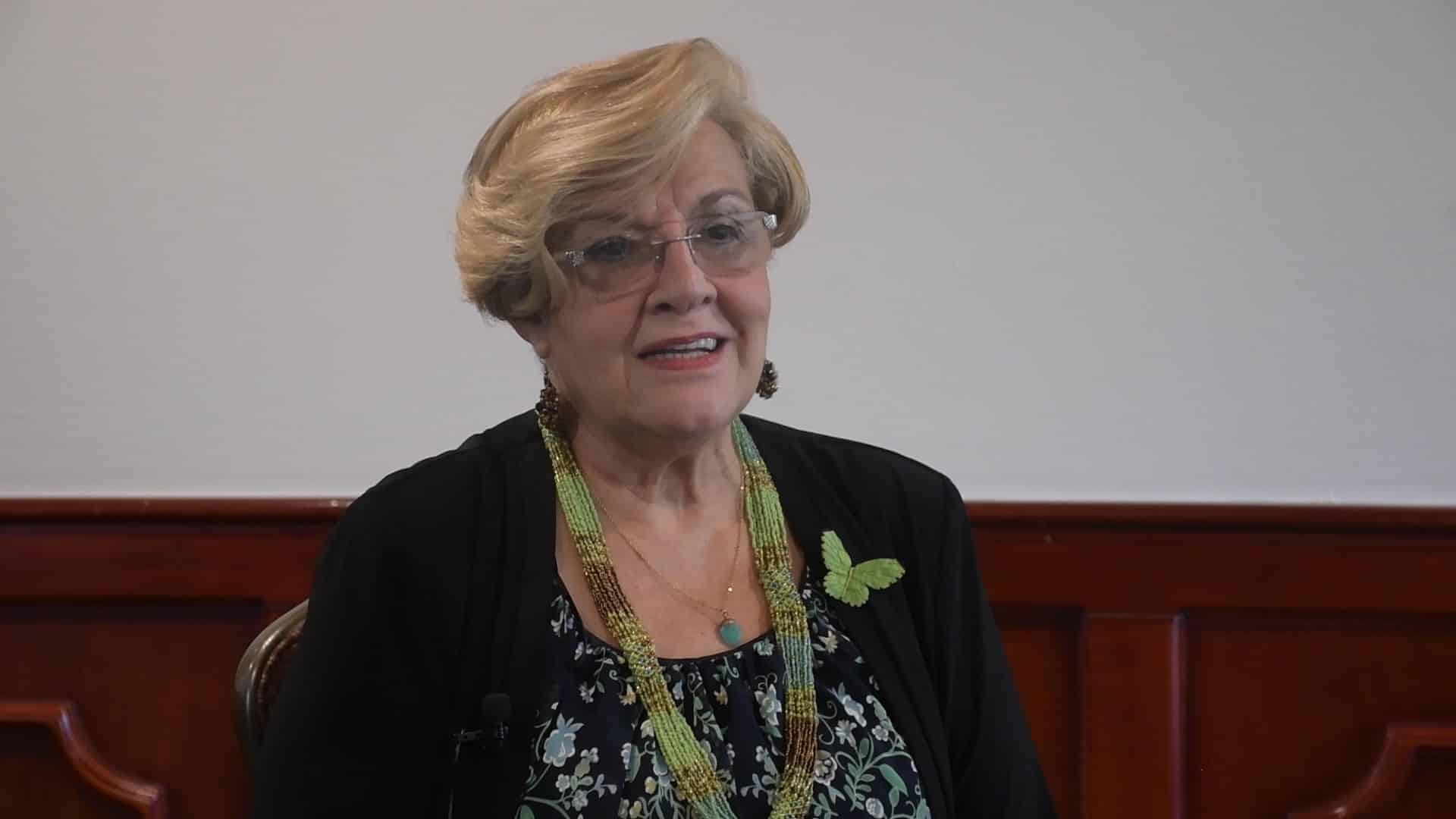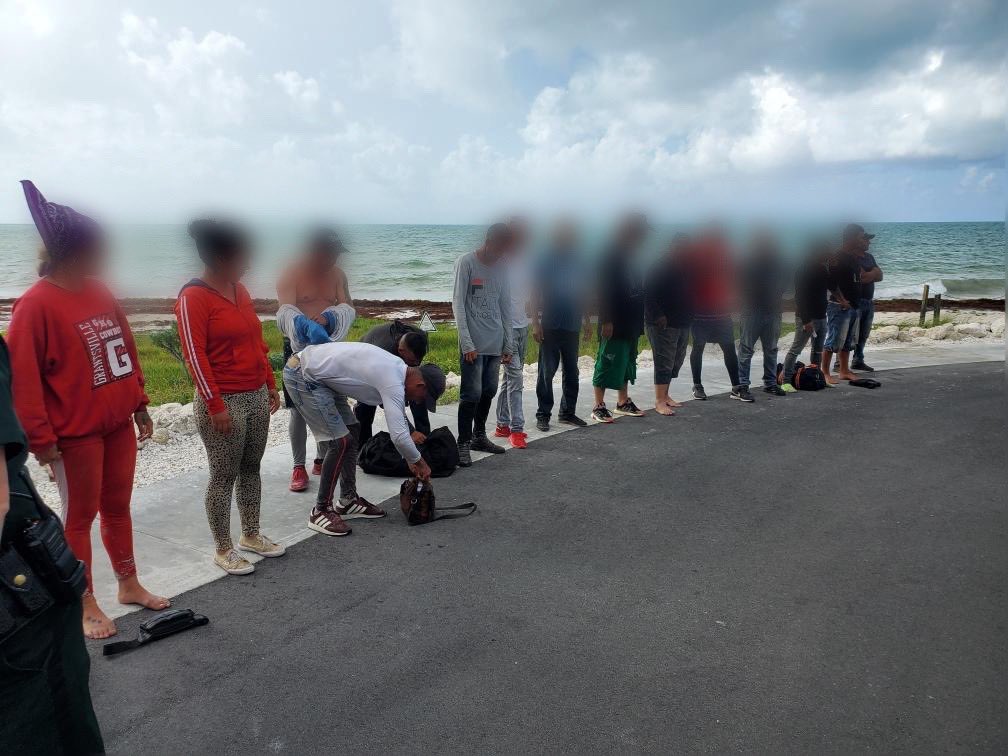▲ The legislation on water has favored the privatization of the resource and other measures that can be characterized as genocide, points out Raúl García Barrios, a researcher at UNAM.Photo the day
Angelica Enciso L.
Newspaper La Jornada
Monday, August 1, 2022, p. 4
President Andrés Manuel López Obrador was able to make changes in energy matters, but in water it is more difficult, there is a systemic corruption at all levels
. Conflicts over the liquid are everywhere and have been for a long time. The legislation has favored privatization, overconcessions to mining and real estate companies, the capture of services by organized crime, the rise of bottling and brewing companies, all this can be characterized as a genocide
.
This warns Raúl García Barrios, a specialist at the Regional Center for Multidisciplinary Research of the National Autonomous University of Mexico (UNAM), adding that the separation of politics and economics proposed by the president has not been achieved in the water.
The National Water Law (LAN) is highly corruptible and the liquid is treated as merchandise, It is essential for the production of practically everything.
, he points out. In addition, there is the privatization of the provision of water services, including for the satisfaction of the human right to the resource, the system is perfectly armed to generate a disaster in the socio-natural cycle of water
.
There are thousands of unregulated concessions for industry, agribusiness, and mining; tremendous pressure on the State to maintain them despite the fact that the limit has been exceeded and That is why there are about 150 overexploited aquifers, there are environmental and health catastrophes, the same drought, contamination with arsenic and fluoride in the semi-desert. In the Laguna and everywhere. Obviously, if water is the basis of life itself, treating it as a commodity in these conditions leads to a disaster.
Explain.
The crisis is structural and covers a good part of the country, but right now it is concentrated in the north, precisely where the industry and agribusiness that unleashes a particular dynamic of water management: it is oriented to the maximum formation of extraordinary income. They have a concentration of overconcessions, there is overextraction of groundwater and a poorly planned use of the sources of the liquid, in addition to the fact that in that region and in the center of the country there are areas of sanitary and environmental emergency.
he maintains.
In an interview, remember that it is a problem that We have been dragging for a long time, despite multiple lawsuits and much social struggle has not been resolved. It is in this context that this crisis arises. What we are experiencing is an accumulated inability to respond, on the part of everyone
.
The problem is not scarcity
García Barrios, also coordinator of the technical-scientific commission of the Latin American Water Tribunal, adds that we have seen that the conflict has moved to the north and center of the country. They are regions with a certain natural physical scarcity of water, but the main problem is not one of scarcity, despite the fact that with climate change it is increasing. In reality, what we have is a water availability problem.
.
He states that two types of conflicts are observed, some due to effective dispossession of resources and basic rights to water and associated rights, such as environmental rights, to health, but also conflicts in defense of these extraordinary rents. For example, in Chihuahua, the defense of walnut production against international agreements.
In this context, the LAN favors water for mega-projects, real estate, mega-mining, concentration of the liquid for speculative processes of frackingrise of bottlers and brewers. The Conagua allows the over-allocation of concessions, that organizations and basin councils are captured by interests, but there is also an exclusion of effective and binding citizen participation, the non-recognition of the rights of native peoples, nor of community water systems and the lack of consultations to communities
.
Within Conagua, it recognizes that there are sectors that seek to make a transformation, but the neoliberal culture there is very entrenched, it is still intended that private groups continue to provide services, which is going to unleash the dynamics of extraordinary income. It has to be stopped. The 4T is a so far of genocide
.
Add that Taking control of the water requires not only profound action by the State, but also a completely new alliance with the country’s community-based organizations, as true actors and direct managers of water management practices.
. It calls on the future candidates for the Presidency of the Republic to make the change, which the current government will no longer be able to do, and it will have to be in the sense established by the 4T: separate politics from the economy and until its last consequences
.








